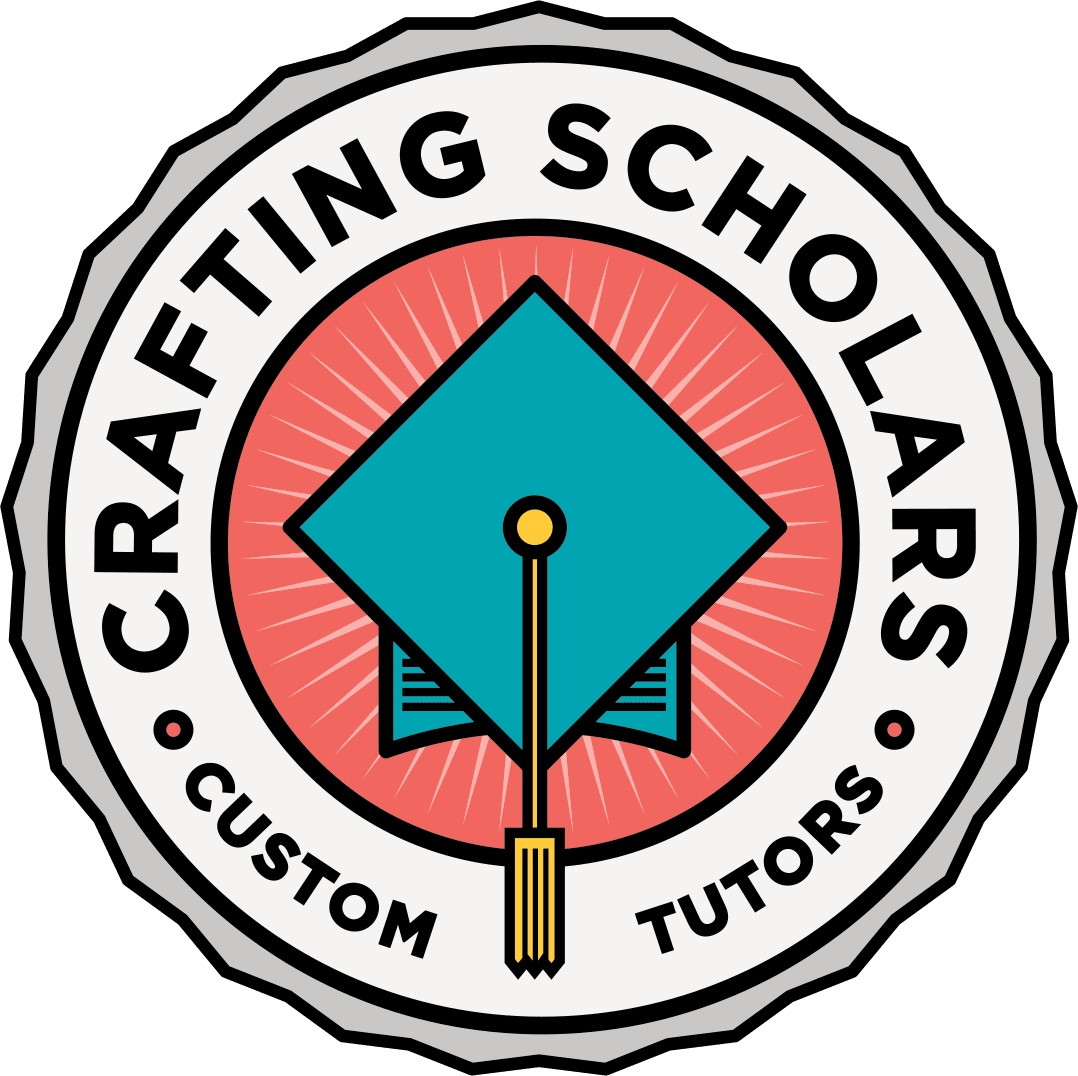Studying is not necessarily something that students naturally know how to do. Giving them a large amount of information and expecting them to simply know the best way to make sense of and remember it is unrealistic. Left to their own devices, the strategies students think are effective may not actually be.
Instead, it is important to teach students how to study in order to better understand, retain, and recall information. These are skills that they continue to practice and refine throughout their school years and beyond. Building a strong foundation and giving them tools and strategies they can apply to different types of information is essential.
Here are a few ways to help equip your child with better study skills:
Good Note Taking
Studying starts with note taking. If students aren’t writing down key information, concepts, formulas, and examples, then they don’t have anything to go back and reference when studying. There are multiple methods and formats for taking notes that can help students organize information in a way that makes sense to them. Encourage them to try different templates and see what they like.
In addition, understanding what to write down is critical. They shouldn’t be scrambling to copy the lecture verbatim. If they are, they are likely missing chunks of information and not really processing what they are learning because they’re simply trying to get it all down.
Effective Review
Not every study strategy works for every student. Some kids might find that re-reading the text is highly beneficial, while others benefit from making an outline of the chapter or summarizing what they have read into their own words. Developing mnemonic devices can help them quickly recall facts, sequences of events or operations, or other information.
Students might also have to use different strategies for different subjects. The way they study for language arts might not work when studying science or math. Being able to switch approaches based on what they are trying to learn can be beneficial.
Teaching students how to create a space conducive to studying and learning is also important. They may enjoy listening to music, but the type of music they’ve chosen might actually be distracting them more than helping them. The same with using their computer or phone as a resource—they could be wasting time on other websites or apps, or reading information that’s not relevant. Students should also know how to set themselves up with necessary supplies and tools they might need before they get started.
Time Management
Knowing how to effectively manage their time is a key part of studying. A student may study for two hours but hardly retain any information if they were distracted or trying to multitask, whereas if they do 30 minutes of focused study, they get a lot more value from it.
Breaking down large amounts of information into smaller chunks and studying over the course of several days can also be beneficial. Schedule out what to study, when, and for how long. Shorter study sessions spread out can be more effective than an all-night cram session.
These are all skills that students need to be taught and be able to practice. Crafting Scholars works with students to understand their individual learning style, strengths, and areas for improvement in order to help them develop study skills that fit their needs and abilities. Knowing how to work more efficiently can minimize stress and frustration while boosting performance. Contact Crafting Scholars to learn more and reserve your child’s spot!
